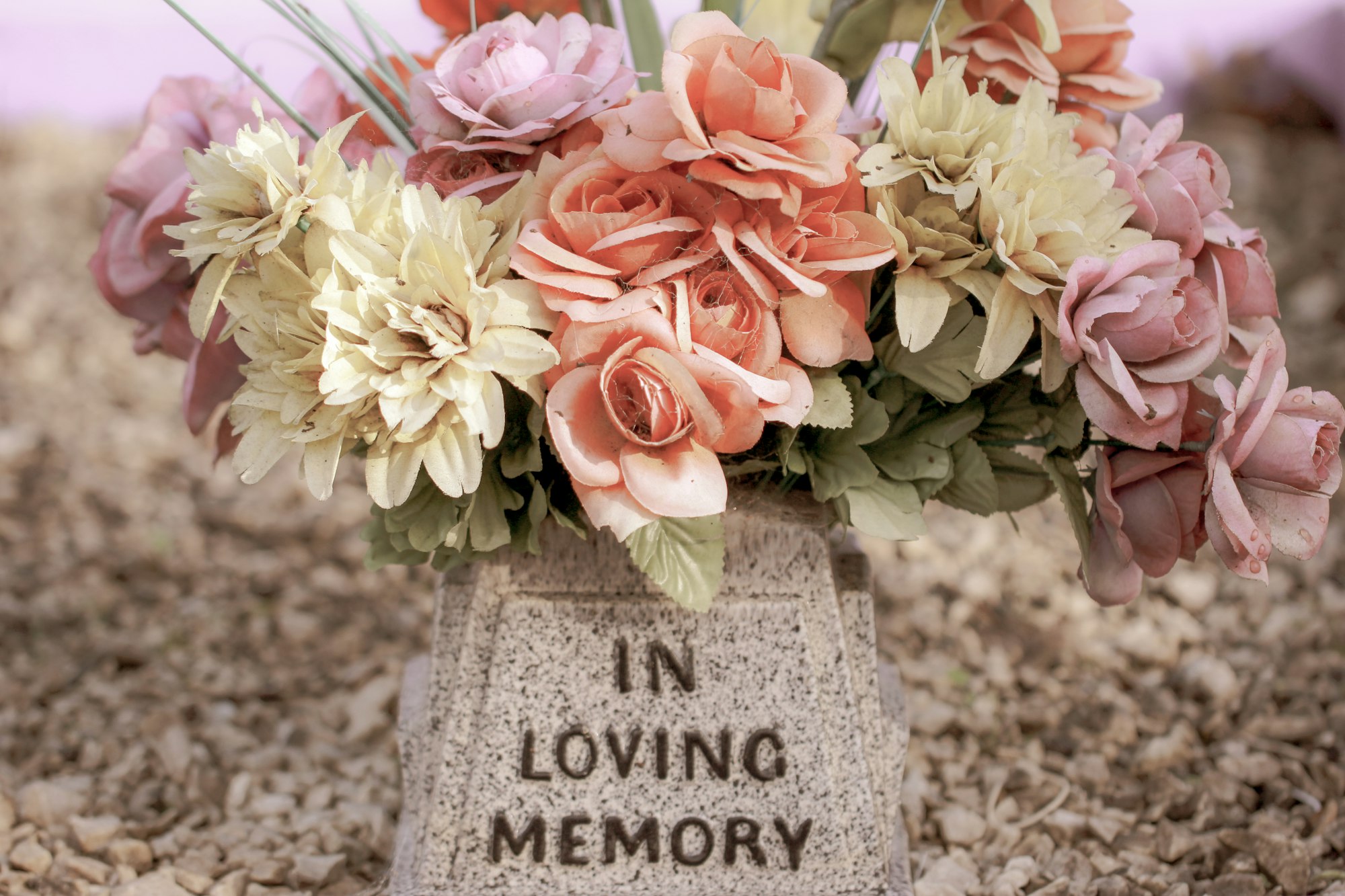Navigating the Waves of Grief: Coping with the Loss of a Spouse or Life Partner
Navigating the emotional turmoil after losing a spouse is deeply personal. This post guides you through coping with grief, physical health, emotional complexities, and finding support. Emphasizing the uniqueness of each grief journey, it highlights self-care and rediscovering life's meaning

“But when I do feel all the strength go out of me, and I fall to my knees beside the table and I think, I cry, then, or at least I want to, and everything inside me screams for just one more kiss, one more word, one more glance, one more.”
― Veronica Roth, Allegiant
Coping with the Heartbreaking Reality of Losing a Spouse or Life Partner
Losing a spouse or life partner is a profound and deeply personal experience, often described as a painful reality that brings a wave of profound sadness and an emotional rollercoaster. This loss, whether sudden or after a long battle with illness, can shake the very foundations of your life, bringing grief, confusion, anger, sadness, and guilt. The pain of losing someone you love is immeasurable, and it reshapes every aspect of your daily existence.
Navigating the Grieving Process
Grieving the loss of a spouse is a journey unique to each individual. There's no right or wrong way to grieve, and the process can feel like an overwhelming mix of emotions and physical symptoms. You may experience complicated grief, where feelings of loss are intensified and prolonged. It's completely normal to feel numb, shocked, or even angry at your spouse for leaving you. Remember, how you grieve is unique to you.
Physical Health During Bereavement
It's crucial to take care of your physical health during this time. Grieving can manifest physically, often leading to a loss of appetite or trouble sleeping. Research indicates that the risk of death for the surviving spouse can increase, particularly in the first few months of bereavement. This underscores the importance of maintaining physical well-being through balanced nutrition, exercise, and adequate sleep.

The Importance of Support
Seek support from family members, friends, and support groups. These networks are essential as they offer a space to share memories and emotions, and provide comfort during this difficult time. Your friends and family, who are also grieving, might find solace in sharing stories of your loved one. If you feel overwhelmed, don't hesitate to seek professional help or join a support group to find support and understanding from others who have experienced a similar loss.
Embracing Your Own Life After Loss
As you adjust to life without your spouse, you may find yourself redefining your daily routines, relationships, and even your sense of self. It's a time of immense change, which can include changing jobs or taking on new responsibilities. Allow yourself to feel all the emotions that come with this major loss, and give yourself permission to experience grief in your own way.
Finding Meaning and Strength
In the midst of grief, it's important to find ways to cope that are healthy and affirming. Whether it's talking about your loved one, spending time in activities that bring you comfort, or simply reflecting on the memories you shared, these actions can help you navigate the early stages of your loss. Over time, you'll start to find new meaning in life and strength in the memories of your spouse.
Healing After a Major Loss
The journey of grieving the loss of a spouse is indeed a difficult time, but it's also a process that can lead to personal growth and healing. By acknowledging your feelings, taking care of your physical and mental health, seeking support, and finding healthy ways to cope, you can gradually adjust to this new chapter of your life. Remember, grief is not just about the person you lost, but also about honoring their memory and the love you shared, as you continue to move forward in your own life.
Understanding the Grieving Process
The pain of losing someone you love is an indescribably deep emotion that marks the beginning of the grieving process. This process is a natural response to loss, encompassing a range of emotions from profound sadness to anger. It's important to understand that grieving is not linear and involves an emotional rollercoaster that varies greatly from person to person.
The Reality of Complicated Grief
Complicated grief is a more intense and prolonged form of grief. It often includes extreme emotions, such as an overwhelming sense of loss, intrusive thoughts about the person who died, and sometimes, substance abuse as a coping mechanism. Recognizing the early stages of complicated grief is crucial, as it may require professional help and support.
Physical Health and Grief
Grieving can take a toll on one's physical health. Symptoms like lowered immunity, sleep disturbances, and changes in appetite are common. It's important to pay attention to these physical symptoms and seek ways to maintain physical well-being, such as getting enough sleep and eating healthily.
Finding Solace in Support Groups
Support groups offer a unique form of solace. Sharing your grief with others who have experienced similar losses can be therapeutic and help you feel less isolated in your pain. These groups provide a safe space to express feelings and find understanding from others who truly know the pain of losing someone.

Navigating Your Own Life After Loss
The loss of a loved one can lead to significant changes in your own life, from altering daily routines to possibly changing jobs or moving homes. It's essential to give yourself permission to experience grief in your own way and time, understanding that there is no right or wrong way to grieve.
Coping with the Emotional Impact
Grief is often described as an emotional rollercoaster, characterized by feelings of sadness, anger, guilt, and anxiety. These emotions are a normal response to loss, and acknowledging them is a key step in the healing process. It's also important to engage in healthy ways of coping, such as talking about your feelings, spending time with loved ones, and seeking support when needed.
Finding Healing and Meaning
Over time, as you navigate through the stages of grief, you will begin to find your path to healing. This may involve creating new traditions, finding new meanings in life, or simply learning to live with the memories of your loved one. The journey of grief is not about forgetting but about finding ways to remember and honor the person you've lost while continuing to live your life.
Embracing Life After Loss
Grieving the loss of a loved one is undoubtedly a difficult time, but it's a journey that can lead to growth and healing. By understanding the grieving process, leaning on support systems, taking care of your physical and mental health, and finding ways to cope, you can navigate this challenging time and emerge with a renewed sense of strength and purpose.
Ready to start sharing …
Share our Sorrow and Write to Heal
Grieving the Loss of a Spouse or Life Partner
“So it’s true, when all is said and done, grief is the price we pay for love.” ― E.A. Bucchianeri, Brushstrokes of a Gadfly
You might also like this article:







